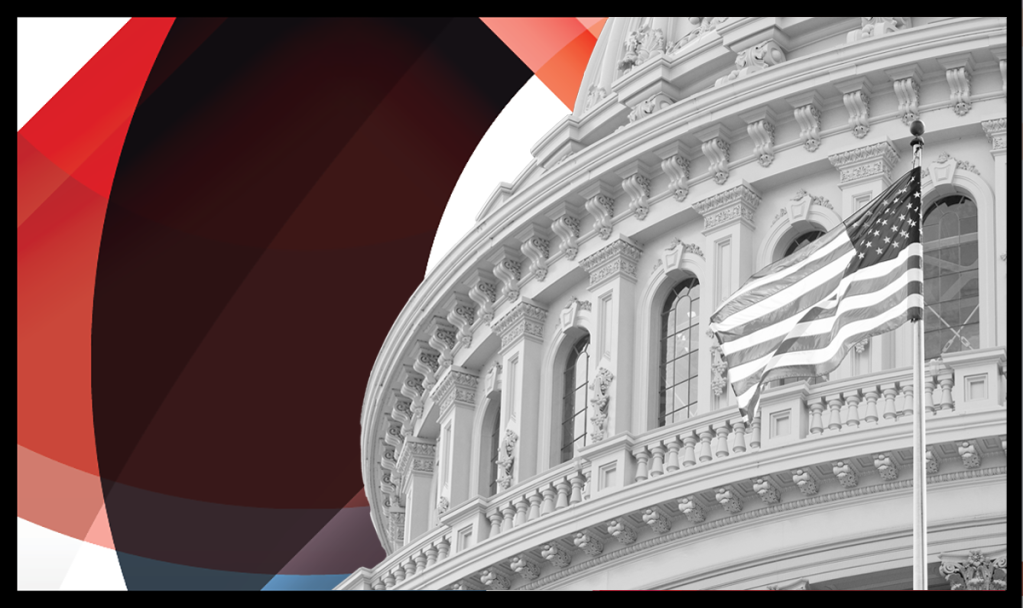
A “sick, sad joke.”
That’s the phrase a former Trump administration appointee for the Consumer Financial Protection Bureau, Acting Director Mick Mulvaney, used to describe the government agency he was later selected to lead.
President Donald Trump kept Mulvaney in his role for as long as possible, only nominating Kathy Kraninger at the end of the legally allowed 120-day period. Though Kraninger proved to be far less of a firebrand than Mulvaney, her stint as director was characterized by a far more business-friendly approached than had been seen under the Obama administration.
Under former CFPB Director Richard Cordray, regulation by enforcement, or the act of defining where the line was after a company had already crossed it, was the name of the game. Cordray believed that if you never defined the line, lenders would be much less likely to cross it.
With President Joe Biden now seated in the Oval Office, the CFPB is poised to turn back the block. Cordray believes the next four years could look a lot like his time in office, when he was sheriff of one of America’s most powerful regulators.
Following the resignation of Kraninger in January, President Joe Biden tapped Rohit Chopra to lead the bureau.
Chopra, a protege of CFPB architect and Massachusetts Senator Elizabeth Warren, is a known quantity at the agency. People familiar with his career tell HousingWire that he’ll move quickly to reestablish the bureau’s reputation as a tough consumer watchdog.
A new focus for the CFPB?
In 2011, the Secretary of the Treasury appointed Chopra to serve as the CFPB’s student loan ombudsman, a new position established in the financial reform law. As one of Warren’s first hires in the newly constructed CFPB , Chopra was instrumental in setting the agency’s agenda.
Cordray told HousingWire that Chopra’s appointment will “reinvigorate” the CFPB, returning the watchdog to its original mission. In other words, the teeth are back.
“He led the work that we were doing to protect consumers in the area of student loans, how they’re treated and how student loans are serviced,” Cordray said. “So Rohit is somebody who knows the Consumer Bureau from the inside. He was involved in many of the leadership decisions that were made under my tenure.”
Chopra’s time as a commissioner at the Federal Trade Commission is a good indicator that he will be “vigorous” in punishing bad actors, Cordray said.
“I believe that you will see greater consistent enforcement of the law to protect consumers,” he said. “And I think you will see any number of measures taken that differ from the direction that the Consumer Bureau took during the Trump administration and resemble more closely how the CFPB was before that.
“And I think where obviously there are new issues that have arisen in the meantime, Rohit will be creative in dealing with those. But I think you’re going to see a reinvigorated CFPB that returns to the original intent of the mission of the agency,” Cordray said.
Given his background, some experts believe Chopra will focus his attention on the student loan sector. Over 42 million Americans are saddled with student debt, and the average borrower owes over $32,000.
“Student loans are a high priority for the Biden administration, and Rohit’s extensive work in that area reinforces the expectation that student loans would top the CFPB’s agenda,” said Quyen Truong, partner at Stroock & Stroock & Lavan and former assistant director of the CFPB.
Biden extended the student loan payment forbearance to Sept. 30, 2021 on his first day in office. He’s told Congress that he wants to forgive up to $10,000 in debt per student as part of the latest stimulus plan.
Some observers don’t believe it’s a coincidence that Chopra was tapped to lead the CFPB, given his background and the Biden administration’s policy goals.
“There clearly is a crisis in the collection efforts for student loans, particularly for for-profit institutions,” Dorsey & Whitney Partner Joseph Lynyak said. “There are extra collection efforts which are being filed by servicers. The Biden administration is going to put a moratorium on collecting under federal debt, and the man is one of the noted experts in student loans.
“And how that translates out in terms of default issues in the COVID crisis and the way of properly proceeding, I think remains to be seen. But there are many advocates for debt relief for student loans and for amending the bankruptcy codes to allow someone to be able to declare bankruptcy for student debt, so I think this could be a very high profile issue,” Lynyak said.
Cordray disagrees.
“I don’t think it necessarily says that,” he told HousingWire. “It says that they see Rohit as a strong, dynamic new leader for the CFPB. They know that he will go in the direction of being an aggressive advocate for consumers across the country, and particularly those now hard hit by the COVID economic crisis.
“But it is notable that Rohit is probably the leading expert in the nation on how to protect consumers in the student loan space,” he continued. “So that certainly will get a lot of attention from the CFPB. But there’s lots of work to do in the area of mortgages, in the area of credit cards, in the area of auto loans, payday loans, really across the board for the CFPB. And Rohit will hit the ground running, I believe, on all of those fronts.”
Stronger federal-and-state partnerships
On April 20, 2017, Ocwen Financial nearly received the fatal blow. Earlier that week, a group of state banking regulators had issued a series of cease-and-desist orders to Ocwen that prohibited the acquisition of new mortgage servicing rights and the origination of mortgage loans by its subsidiary Ocwen Loan Servicing until the company was “able to prove it can appropriately manage its consumer mortgage escrow accounts.”
Then, the CFPB announced that it was suing Ocwen for “failing borrowers at every stage of the mortgage servicing process.”
Ocwen then spent the ensuing months settling lawsuits with each of the 31 states that took action against it. The cascade of lawsuits by the states and the CFPB nearly put Ocwen out of business.
This represents one of the most extreme examples of the CFPB teaming up with states, but such partnerships were not uncommon under Cordray. If Chopra takes over, these fed-state regulatory team-ups could once again become commonplace.
“In reality, there’s room for a good solid partnership between the federal government being effective on these issues, and state governments being effective on these issues,” Cordray said. “People in California shouldn’t have to wait on Washington [D.C.] or worry about the whims of Washington in terms of whether they can protect Californians in the financial marketplace. But if they’re getting support and reinforcement from Washington, they can work together on a lot of things and be more effective.
“There’s never really enough oversight of these markets,” he said. “There’s always lots of nooks and crannies where people are doing things and people are cheating, being cheated by companies. And so reinforcing one another and creating a strong partnership between the federal government and states is the best approach.
“When we didn’t have that from the Trump administration CFPB, the states had to kind of go more on their own. But I think we’re going to return to the days of the kind of partnership we built when I was director of the CFPB, between the CFPB on the one hand, and state attorneys general and state financial regulators on the other hand, where they’re both trying to work together to look out for the citizens of every one of the 50 states.”
Lynyak pointed out that the higher levels of funding from a better-funded CFPB could ease the burden of states with limited resources.
“The ability for them to be able to utilize federal funds is much larger than any one state can take on, so a state has got to really carefully ration enforcement actions,” Lynyak said. “So you will probably see a movement back to the CFPB becoming more aggressive and the states being able to retreat a little bit and move on to other things of more concern to them.”




